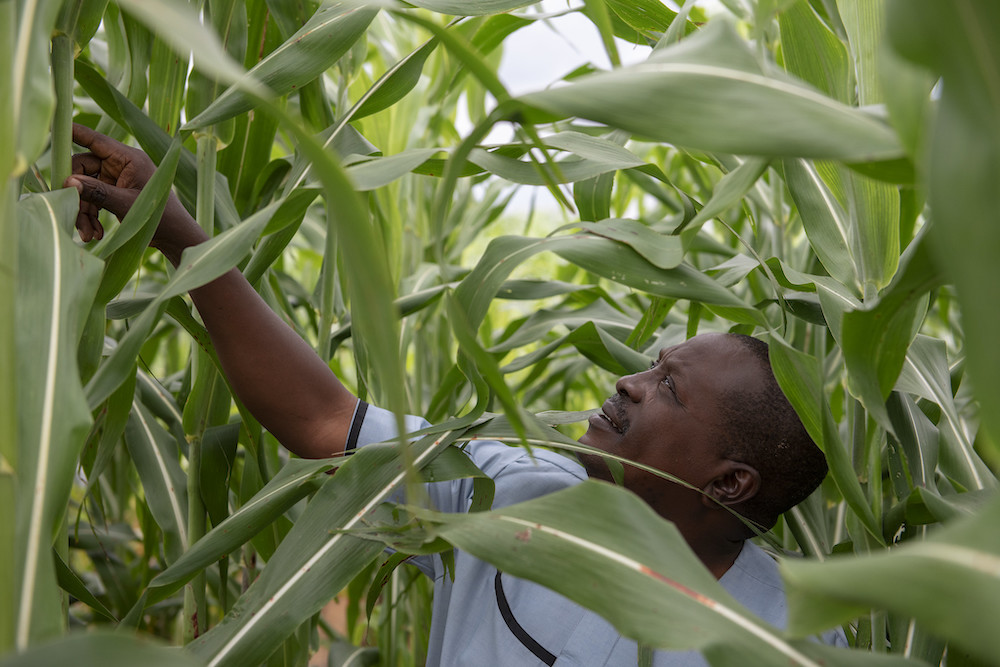Working in 23 African countries, CORAF (the West and Central African Council for Agricultural Research and Development) is using agriculture to build resilience among local communities. Through this work, they are helping establish farmers as local agents of change.
CORAF was founded in 1987 to help national research institutions tackle a multitude of challenges including environmental degradation, biodiversity loss, and famine. “None of them had enough human capacity nor financial resources to tackle all the issues,” Abdou Tenkouano, Executive Director of CORAF tells Food Tank. Coming together, he says, simply made sense. “This is a global village. We are all interconnected, interdependent, interlinked.”
The organization’s areas of focus span food and agriculture systems, touching on gender equity, youth, market access, agricultural research and innovation, aquaculture, and more. But no matter the issue area, Tenkouano says that CORAF tries to respond to the “expressed needs of the constituents we are trying to serve.”
This is why they prioritize involving community members from the start. “You cannot work on solutions away from where the problems are,” Tenkouano tells Food Tank. “Farmers are no longer called beneficiaries. They are called local actors of change. That’s exactly what it is.”
This direct collaboration with communities has the added benefit of expediting the development process of new tools, Tenkouano says. “That usually reduces the time when technology is developed by research with the communities because they’re involved in the co-creation,” he tells Food Tank. “And that is a landmark of everything that we do [with] CORAF’s innovation platforms.”
And these tools, developed with farmers, ultimately boosts resilience in the face of future supply chain disruptions, whether they are caused by a new virus, political conflict, or the climate crisis. Tenkouano describes a “basket of technology” that includes short-term crop varieties and mechanisms to harvest water, which prove important during dry spells.
“We can make things happen at the community level…so they can own the process and own the results. That is probably one of the major lessons that we have.
Listen to the full conversation with Abdou Tenkouano on Food Talk with Dani Nierenberg to hear more about how lessons learned during the Ebola virus outbreak helped CORAF support farmers during the COVID-19 pandemic, how international humanitarian aid organizations can best support locally- and regionally- focused organizations, and opportunities to return previously-neglected traditional crops.
Source : Foodtank

